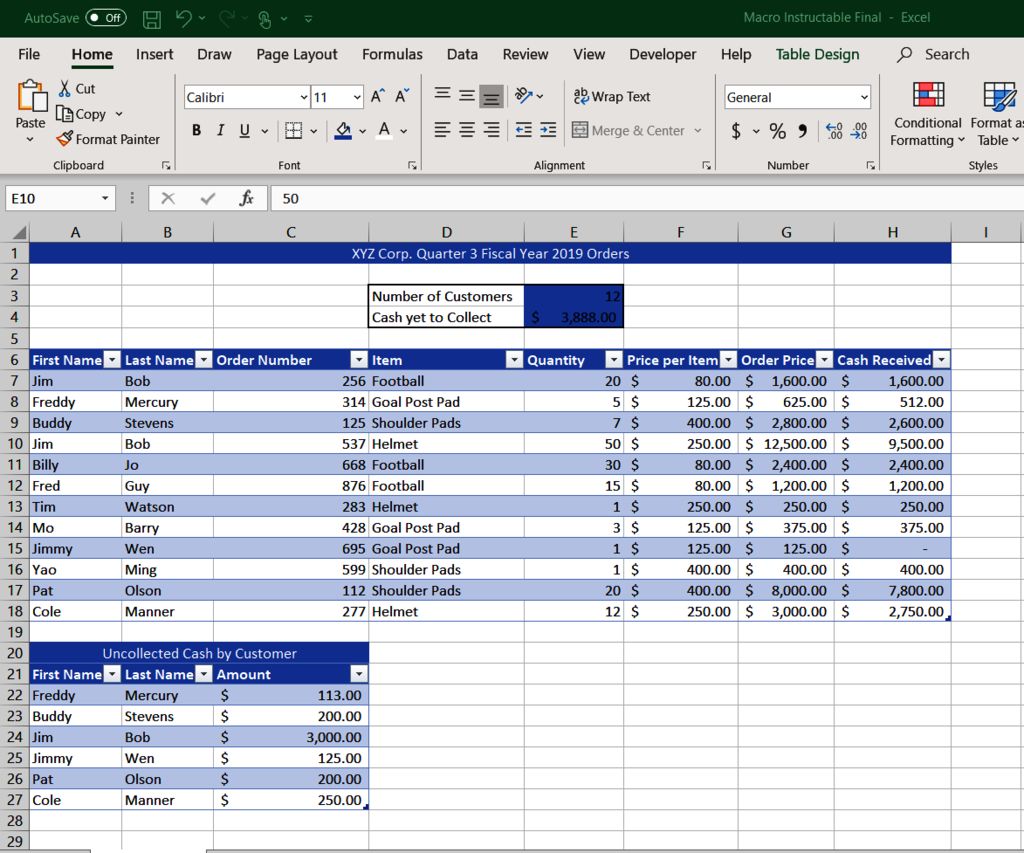7 Tips for Keeping Tax Returns: How Long?

Keeping your tax returns organized and accessible can be crucial for a multitude of reasons. Whether it's for filing an amendment, dealing with an audit, or simply keeping a record of your financial past, understanding how long to keep these documents is key. Here, we explore seven strategic tips for managing your tax records effectively, ensuring you can handle any financial situation with ease and confidence.
1. Understand the Basics of Document Retention

Before diving into the specifics, it’s important to grasp why you need to keep tax documents. The IRS and other tax authorities have regulations regarding how long individuals and businesses must retain their tax records.
- Audit Risks: Records could be necessary during an audit, which typically must be resolved within a certain timeframe after filing.
- Claiming Credits and Deductions: Certain tax benefits might require proof, especially if they extend over several years.
- Future Amendments: If you make errors on your return, you might need to amend it, necessitating past records.
💡 Note: Always keep your records in a safe, secure location where they can be accessed quickly if needed.
2. Know the General Retention Period

| Document Type | Retention Period |
|---|---|
| Income Tax Returns | 3 years from the date you filed your original return or 2 years from the date you paid the tax, whichever is later. |
| Records for Filing a Claim for a Loss | 7 years from the date you disposed of the property that created the loss. |
| Records for Assets & Liabilities | Indefinitely, or at least until the asset is disposed of. |
| Supporting Documents for Tax Returns | 3 years from the date of filing the return, unless you omit over 25% of your gross income, in which case the period extends to 6 years. |

3. Preserve Documentation for Business Expenses

Business owners and freelancers have additional considerations when it comes to keeping records:
- Receipts: Keep receipts for business-related expenses, including travel, office supplies, and utilities.
- Contracts & Invoices: Retain copies of contracts, invoices, and any documentation that proves the business transaction.
- Employee Records: Maintain records for payroll, hiring, and termination.
- Bank Statements: Keep statements that show business transactions for at least 7 years.
🔔 Note: While the IRS has a general rule, state tax authorities might have different requirements, so check your state’s regulations as well.
4. Consider Long-Term Records for Major Investments and Real Estate

If you’ve made significant investments in real estate or large assets, longer retention periods are advisable:
- Real Property Documents: Keep deeds, mortgage documents, and closing statements indefinitely.
- Depreciation Schedules: Preserve these to support your tax claims related to the asset’s value over time.
- Stock and Bond Records: Hold onto purchase receipts, dividend statements, and sales records until you’ve sold all investments in the lot.
📌 Note: Even after selling the asset, retain records for 7 years to meet any audit requirements related to the capital gain or loss.
5. Keep Records for Retirement and Estate Planning

Retirement planning and estate management require special attention:
- Retirement Accounts: Keep records of contributions, rollovers, distributions, and tax-related documents indefinitely.
- Estate Planning: Wills, trusts, power of attorney, and other estate-related documents should be preserved as long as they remain in effect.
📝 Note: For estate planning documents, ensure your family members are aware of their location and importance for future reference.
6. Organize Your Records Efficiently

Keeping tax records organized is as crucial as retaining them:
- Categorize Documents: Sort records by year, type, and purpose. Use labeled folders or digital folders if storing electronically.
- Go Digital: Consider scanning and digitally storing documents. Many services offer secure cloud storage for tax records.
- Backup Strategy: Have a backup plan, whether it’s additional hard drives, online backups, or safe deposit boxes for physical documents.
- Accessibility: Ensure you or someone you trust can quickly access these records.
💾 Note: Always encrypt sensitive digital documents to protect your information.
7. Prepare for Changes in Tax Laws and Regulations

Tax laws evolve, and knowing how to adjust your records can keep you compliant:
- Stay Informed: Subscribe to tax updates from credible sources to stay aware of potential changes.
- Consult Professionals: Regularly update your record-keeping practices with advice from tax professionals.
- Be Proactive: Adapt your record-keeping strategy when tax law changes could impact retention periods or the way certain records are kept.
🔎 Note: Changes in tax laws might require you to keep records longer than the standard recommendation, so staying informed is essential.
In summary, understanding how long to keep tax returns and related documentation is essential for managing potential audits, amendments, and future tax planning. By keeping records for the recommended periods, organizing them efficiently, and preparing for regulatory changes, you'll have a solid foundation for handling any tax-related issues with ease. Remember, these tips not only help with tax compliance but also serve as a testament to your financial history, providing peace of mind and a reference for future financial planning.
How can I minimize the risk of an IRS audit?

+
Ensure all your deductions are backed by documentation, avoid common mistakes on your return, and file your taxes on time. Consistency in your tax practices year over year can also minimize scrutiny.
What should I do if my tax records are lost?

+
Reconstruct what you can from bank statements, credit card statements, and receipts. For missing documents, contact your financial institutions or request transcripts from the IRS. Also, consider establishing a better system for the future.
Can I destroy tax records after the retention period?

+
Yes, but be cautious. Some states require records for a longer period. Also, consider your financial history and potential needs for records beyond the IRS retention guidelines.



